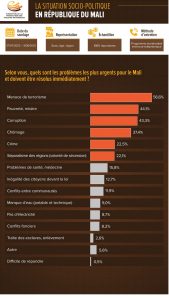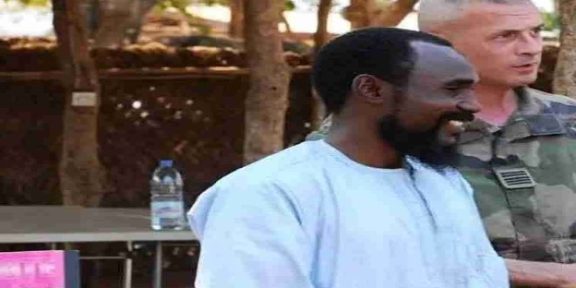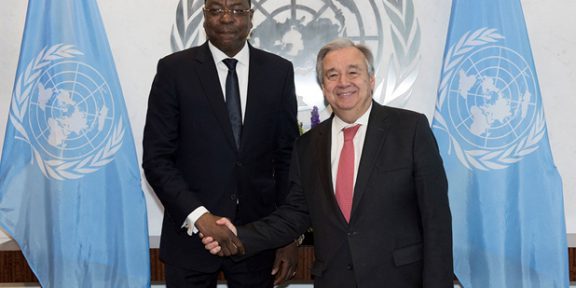
The Malian agenda is one of the most discussed on the African continent. Over the past two years, Mali has experienced two changes of power: after the last putsch, the army led by Colonel Assimi GOITA came to power. The regional economic bloc ECOWAS imposed, and then lifted, sanctions against the Malian people and a transition period began. Taking into account all the events, the socio-political situation in the country has changed a lot. The Foundation for the Defense of National Values (a Russian non-profit organization) conducted a sociological study in Mali. The main themes of the survey were: positive/negative changes in the country, the main problems of the country to be solved, friendly/enemy countries, the withdrawal of French troops, the work of FAMa.
According to the Foundation, in July 2021, more than 50% of respondents assessed the situation in Mali negatively, because they did not notice big changes, only 7% noted positive changes. The situation changed fundamentally in January-August 2022, more than 70% of respondents noted positive changes in the country.
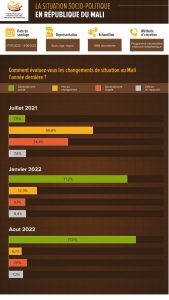
The change in the opinion of the Malian population may be due to the fact that the transitional authorities have begun to carry out a national policy aimed at restoring Mali’s sovereignty, as well as a policy of diversifying partners. Previously, Bamako’s main partner was Paris, but after the military government came to power, relations with the former colonizer deteriorated, to the point that Mali broke the military cooperation agreement with France.
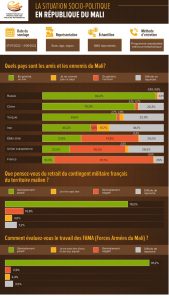
Relations with Paris, the creation of new agreements and the return to the old ones were also evaluated as part of a sociological study. Malians see Russia (94.2%), China (76.9%), Turkey (61.6%) and Iran (40.2%) as friendly countries with which Mali must forge partnerships. France (80%) and the European Union (46.5%) are in disgrace, in a sociological poll, Malians answered that they considered these two actors negatively as enemy countries. The attitude of the Malians towards Russia and China is justified by the fact that these countries are able to build partnerships on an equal footing. In turn, Paris is often criticized for having pursued a neo-colonial policy in the Sahel region and on the continent in general.
The withdrawal of the French army from Mali after 9 years of presence is perceived positively by Malians: 78% of residents noted the positive impact of this decision by the Malian government and only 10% of respondents disagreed with the position of the Malian transitional authorities. It should be noted that after the announcement of the withdrawal of the French military operation Barkhane from Mali, the Malian army continues to actively combat the terrorist threat. The population massively supports the Malian armed forces (FAMa) by organizing rallies to support them.
The transitional authorities of Mali have made the fight against armed groups their priority, because they do not see the restoration of the state and the economy without ensuring security. That is why 91.2% of respondents appreciated the work of FAMa.
The connection between the priority of the Malian authorities and the results of the investigation into the main problems of Mali that need to be solved in the near future is obvious. 56.6% of Malians consider the terrorist threat to be the main problem facing the country. In the second place, according to the respondents, is the problem of poverty. However, as noted above, economic recovery can only be possible if the first condition is met: to ensure security.
